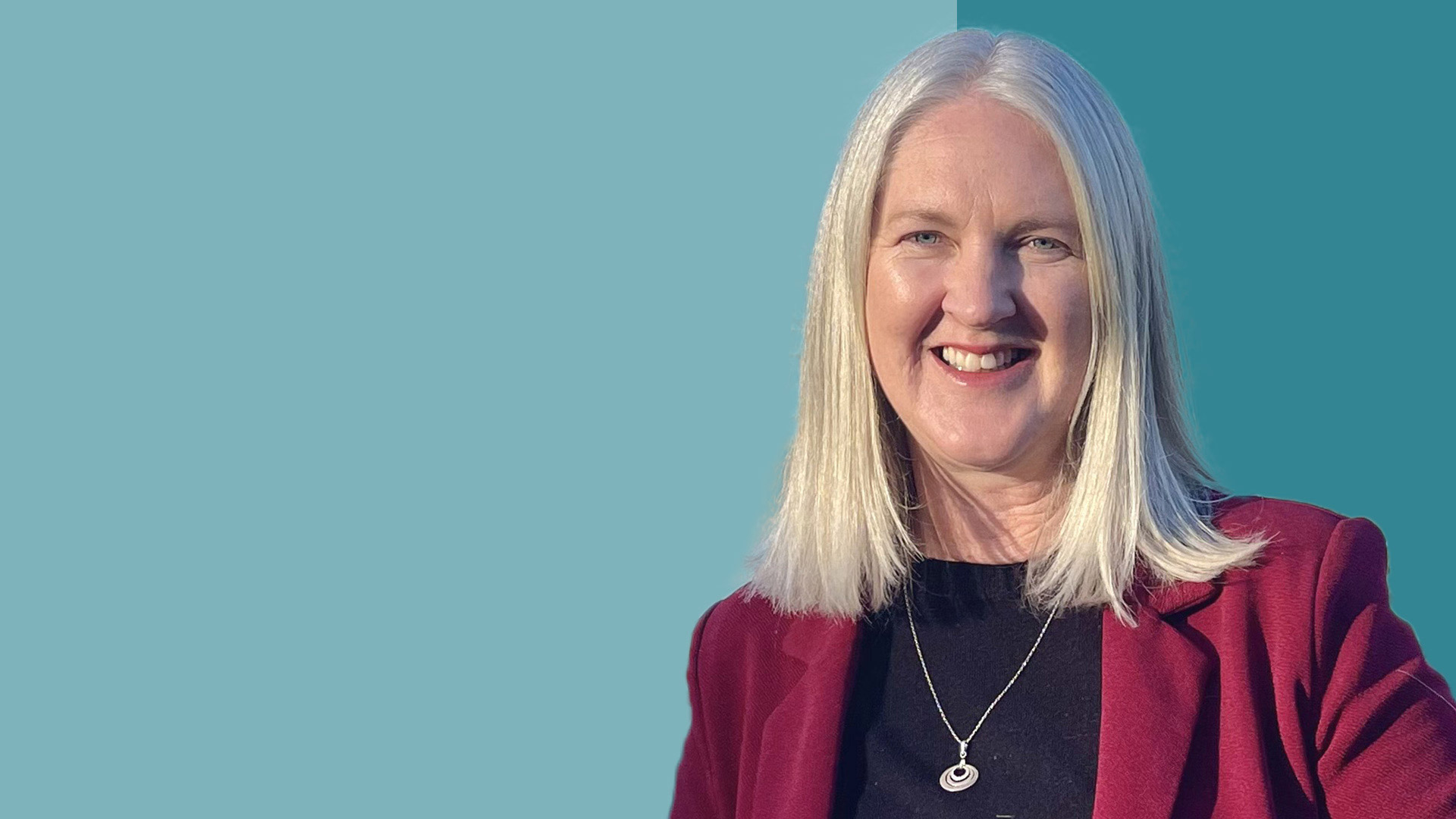Author: Jeanine Poggiolini CA(SA), Chief Executive Officer, Accounting Standards Board
Not the end of accountants but the dawning of a new age

We live in an era in which it is possible to ask an artificial intelligence (AI) chatbot just about anything. The emergence of AI and other digital solutions means that the role of people – particularly accountants – is uncertain. While many would say that people will be replaced entirely by machines, I firmly believe that this is not the case for the act of accounting and being accountable. Rather, AI becomes a tool in the new age accountant’s toolbox that allows the accountant to grow and fulfil an expansive role in organisations.
The implementation of accounting standards depends on the 3Ps − Policies, Processes and People. In the digital age, there is often an over-emphasis on technology in the accounting process, and we overlook the importance of people.
Accounting is not an exact science – it requires the use of judgement throughout the financial statement preparation process. Judgement is required to identify an entity’s users, assess what information is most relevant to them, make assumptions about recognition and measurement, how to best present information, and ensure that accounting concepts are applied in an ethical manner. There is also a range of judgements that need to be made to ensure that the ‘accounting eco-system’ is structured and functioning in a way that promotes good governance. Applying judgement does not mean an individual’s ‘best guess’. Applying judgement requires careful consideration of all relevant facts and circumstances to form an opinion. This is often seen as the most difficult part of preparing financial reports.
In an environment where resources are constrained, organisations are responsible for using their resources optimally, including their human and IT resources. There is no doubt that digital solutions can be harnessed within organisations to make them more effective, particularly for routine activities such as data collection, analysis and manipulation. However, disciplines like accounting that require complex structuring, data interpretation and reasoning, as well as thoughtful and ethical implementation, need the right people. Given the role that accountants must play in government to act in and protect the public interest, having the right people is more important than ever.
As technology becomes a key enabler to organisations, accountants and other finance professionals need to think and behave differently. Being ‘compliance’ officers and ‘bean counters’ is no longer what organisations require. The reporting landscape is becoming more complex. With the advent of ‘sustainability reporting,’ the landscape is also evolving to respond to the needs of users to understand how organisations impact the environment and society. This broader impact on society goes to the heart of why governments exist. Going forward, organisations – particularly government organisations − will require accountants to provide specialist accounting advice, have the ability to link together complex information and systems across an entity, and always act ethically and responsibly – whether fiscally or in the interest of society.
Accountants subscribe to life-long learning. Now is the era to evolve from being specialists in the theory of accounting to understanding the broad information needs of users of financial reports and meeting those needs in an ethical and unbiased way.
Visit www.asb.co.za to keep up to date with the activities of the ASB.












